What are our treatment results?
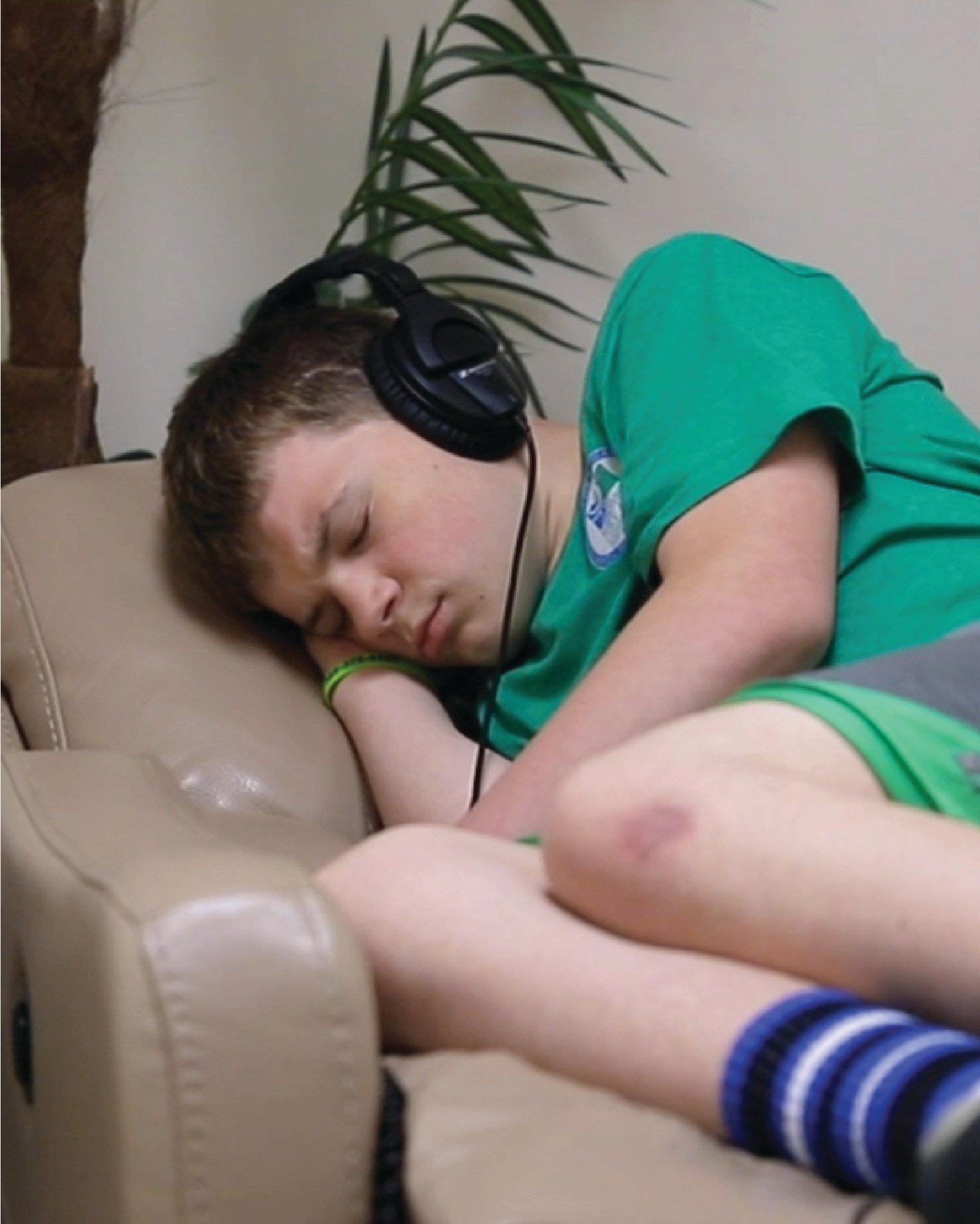
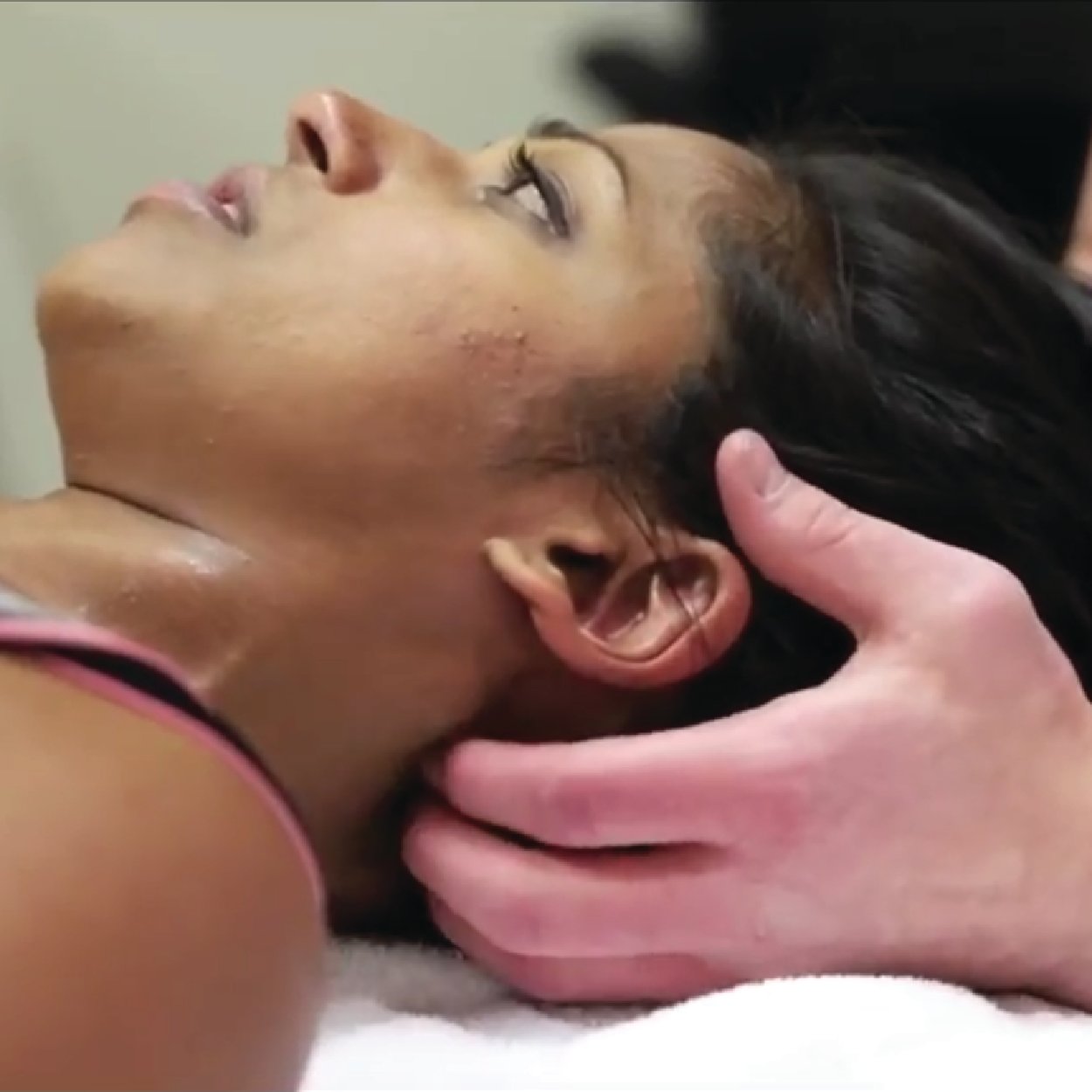
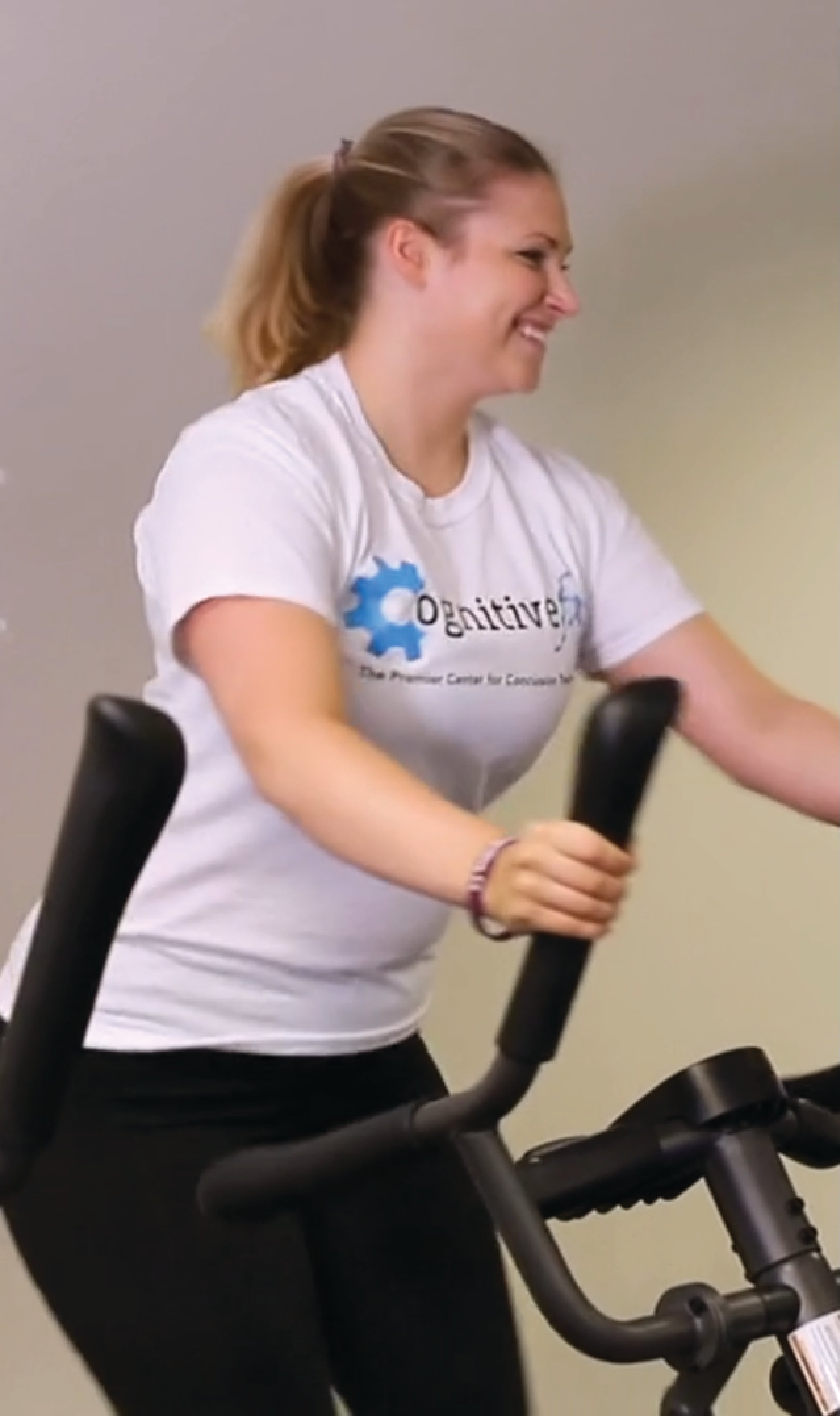
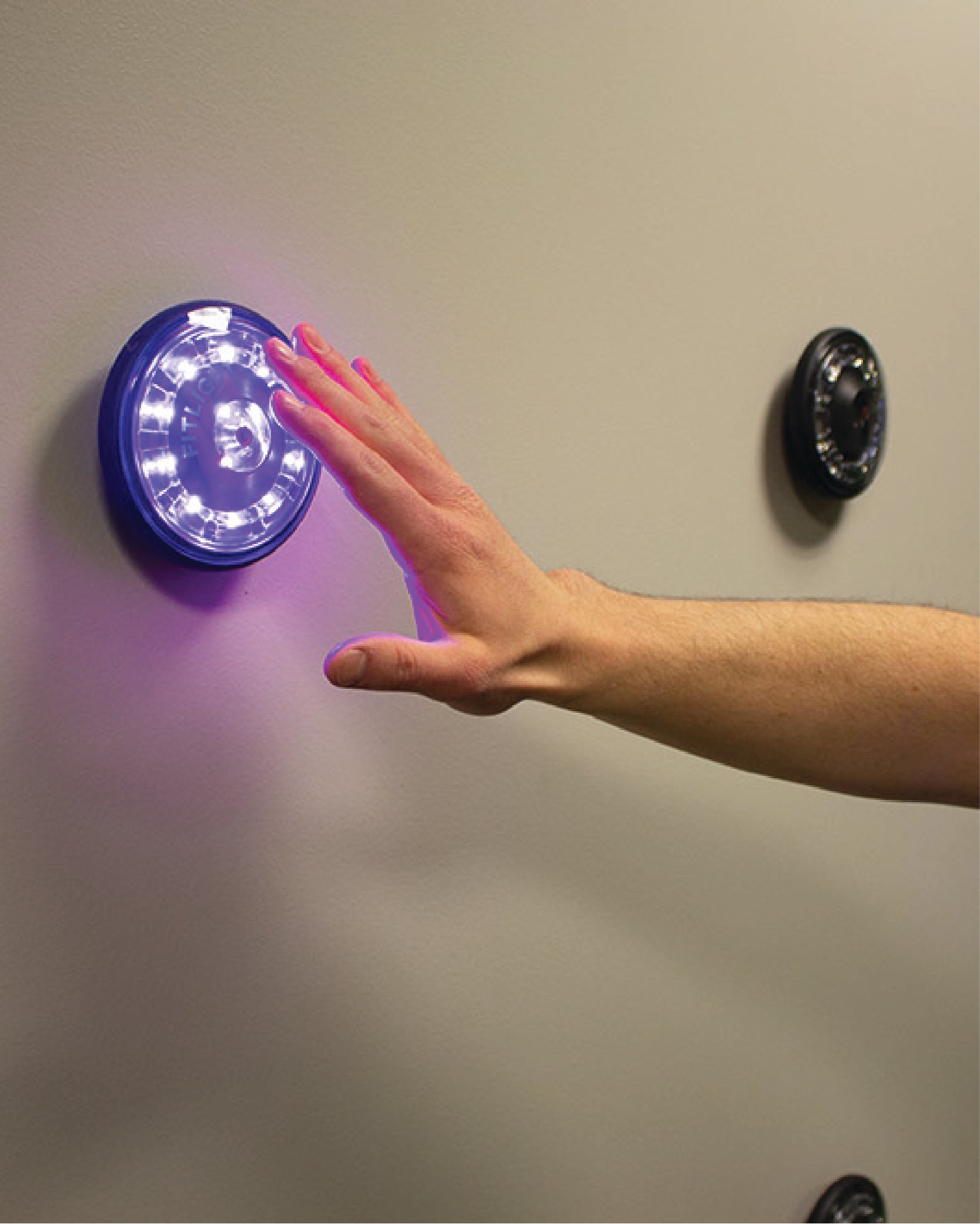
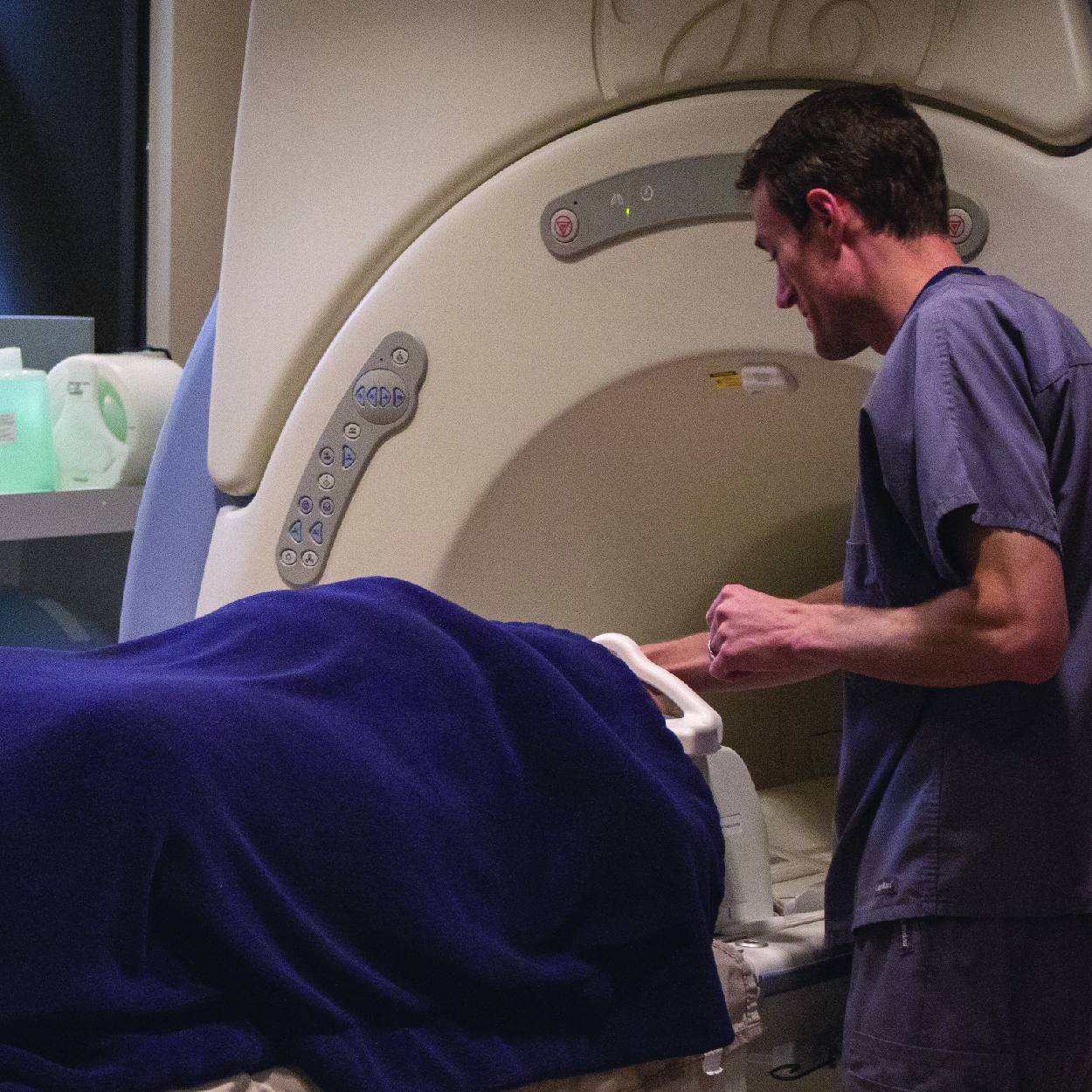
77% of patients had a meaningful reduction in symptoms in a completely independent peer-reviewed analysis of our outcomes.
The symptom burden of participants was significantly lower after treatment, a meaningful reduction was seen in 77% of the participants. In addition, there was a decrease in self-reported anxiety, depression, fatigue and sleep problems. Improvements were also observed in vestibular-ocular functioning, neurocognitive functioning and participation. Higher levels of fatigue and a lower sense of responsibility were related to a stronger decrease in symptom burden.





77% Significant Improvement
In a study of 64 patients with an average symptom length of 5 years.

Age
Our patients are all different ages, with the majority of our patients falling between the ages of 20 and 50.
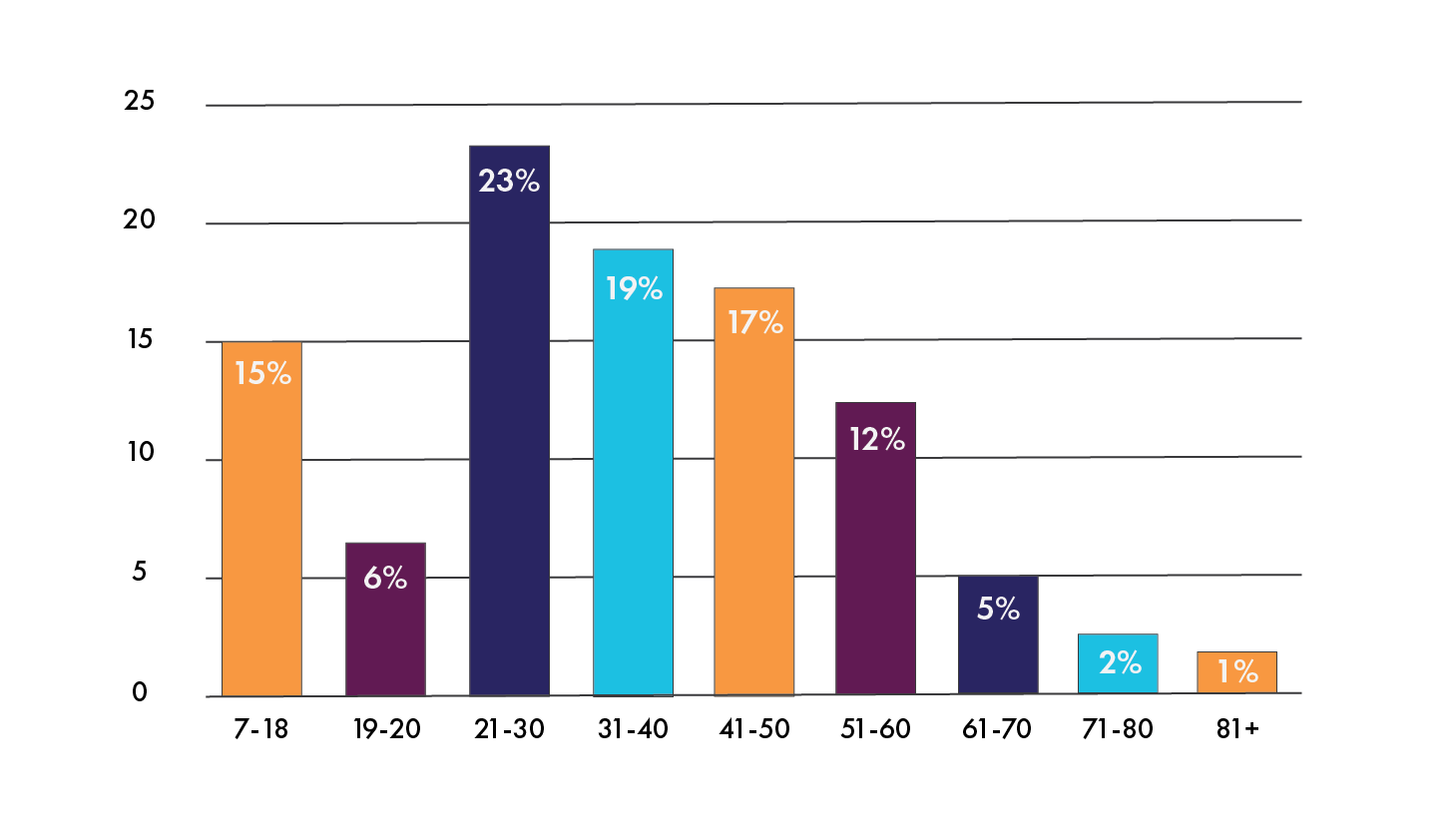
Summary of Independent Research
Introduction
The Cognitive FX (CFX) treatment for persistent symptoms after concussion is an intensive one-week treatment characterized by a repetitive cycle of cardiovascular activity, rehabilitation therapy, and relaxation exercises. CFX has received a lot of attention in the Netherlands, but the effectiveness of the treatment is unknown. This study maps changes in people who undergo CFX treatment in the areas of symptom burden, psychological functioning, vestibular-ocular functioning, neurocognitive functions, balance, general functioning, and participation.
Method
The functioning of 64 participants was measured with questionnaires and multidisciplinary measurements before, immediately after and six months after the treatment. Change in functioning was tested with t-tests and reliable change indexes. A multiple regression analysis was used to investigate factors that are related to change in symptom burden.
Results
The symptom burden of participants was significantly lower after treatment, a meaningful reduction was seen in 77% of the participants. In addition, there was a decrease in self-reported anxiety, depression, fatigue and sleep problems. Improvements were also observed in vestibular-ocular functioning, neurocognitive functioning and participation. Higher levels of fatigue and a lower sense of responsibility were related to a stronger decrease in symptom burden.
Where our patients are from
We have seen patients from 49 out of the 50 states in the United States, and over half the territories of Canada. We have also see patients from 20 different countries as seen below.
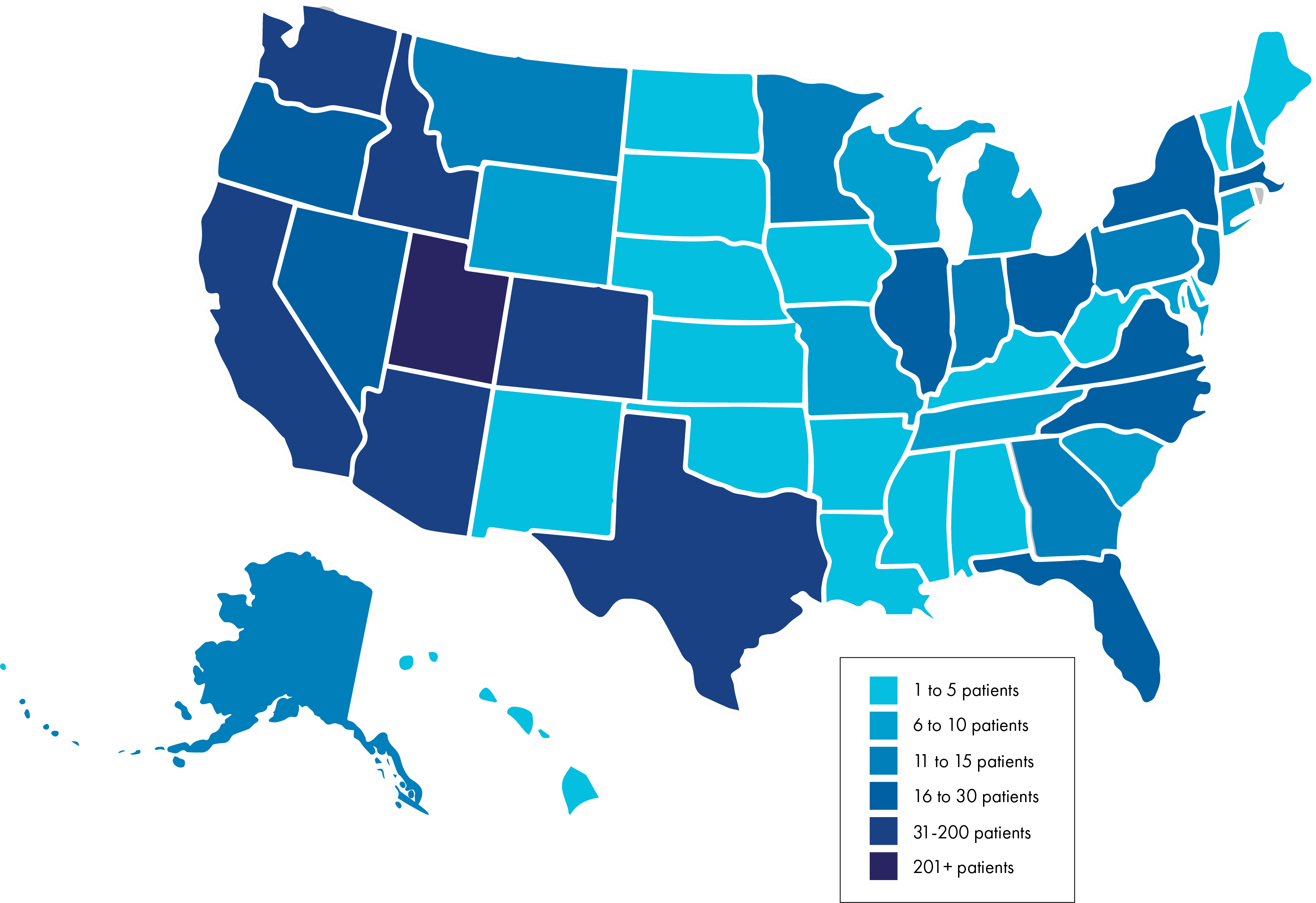
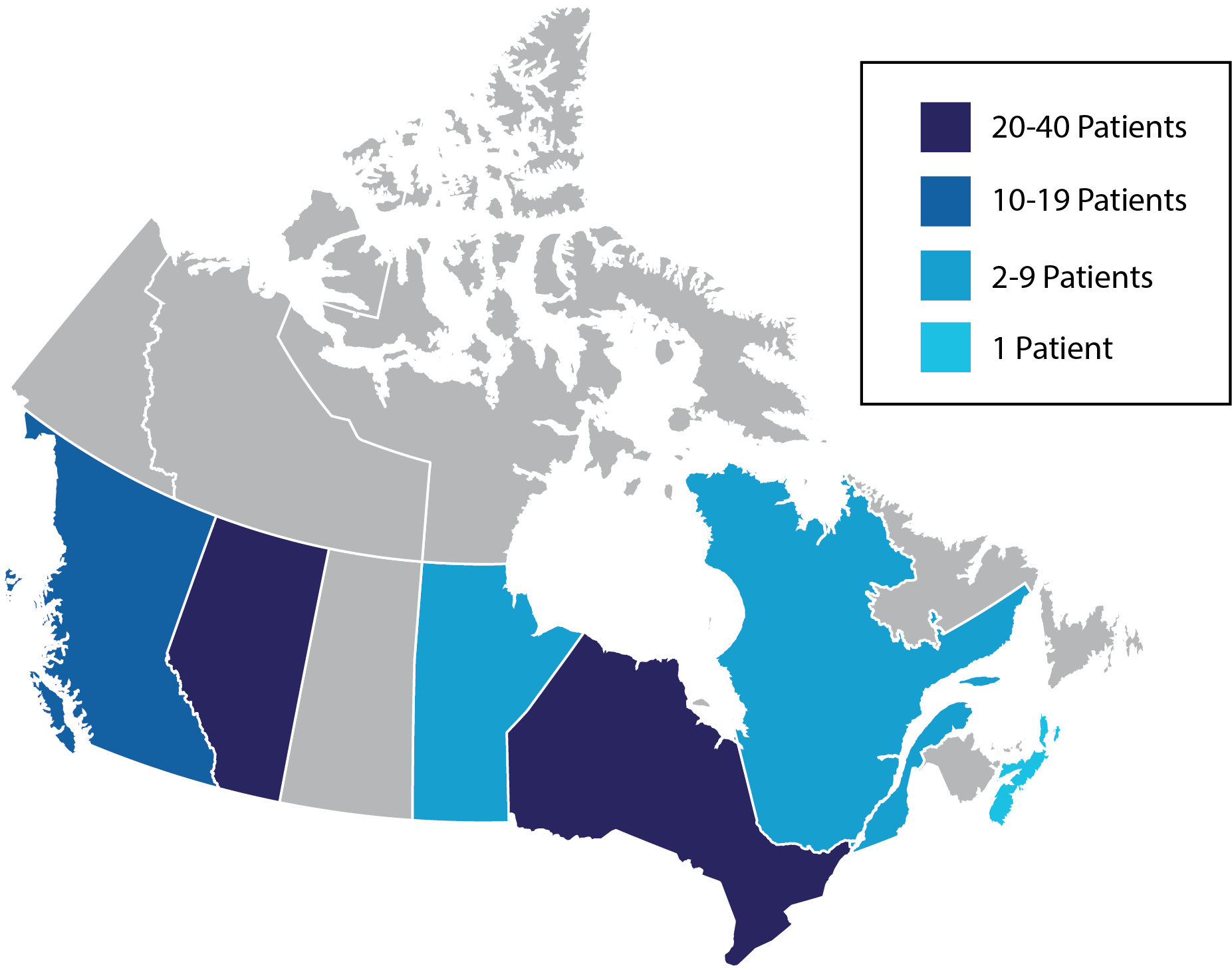
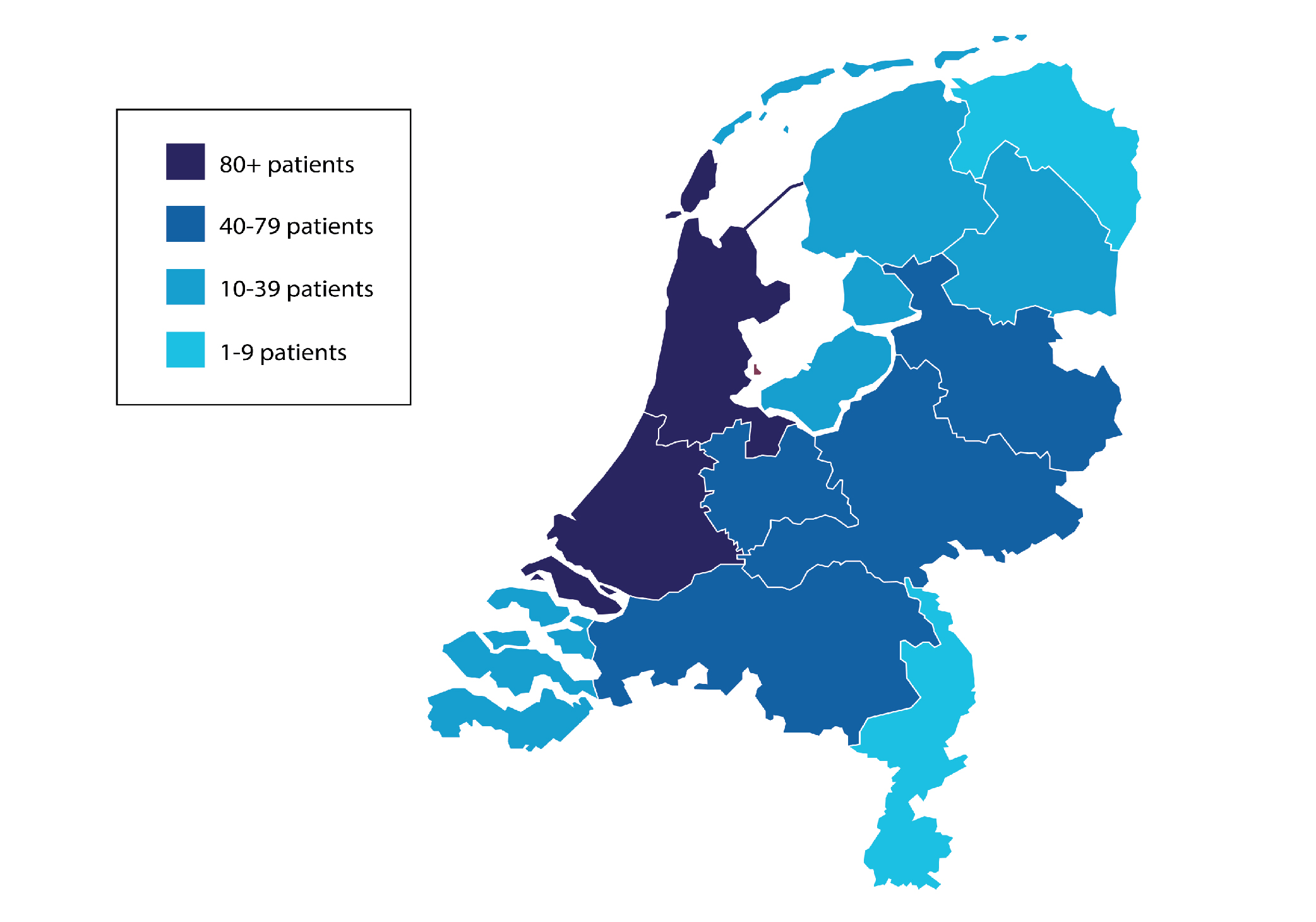






List of the top countries we have seen patient from
TOP 10 Symptoms Reported
Difficulty Concentrating
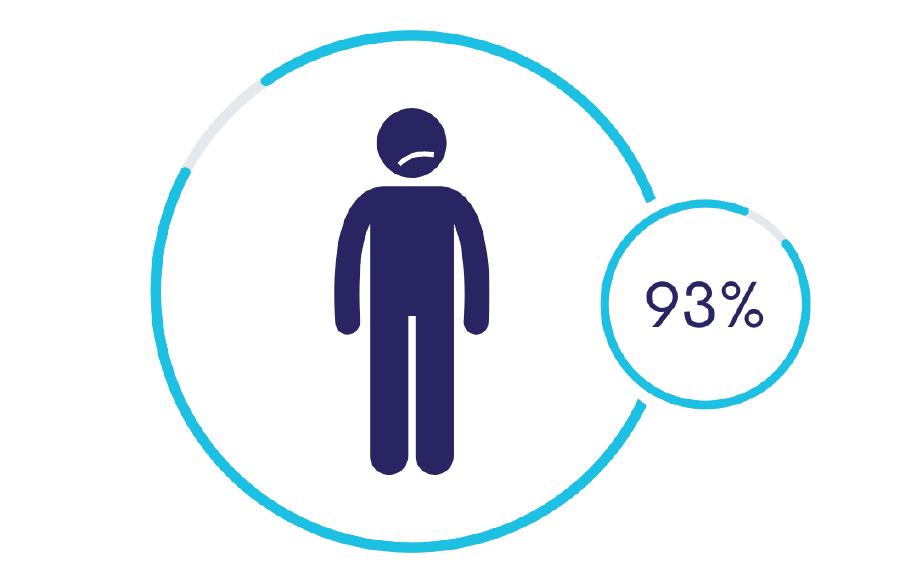
Difficulty Remembering
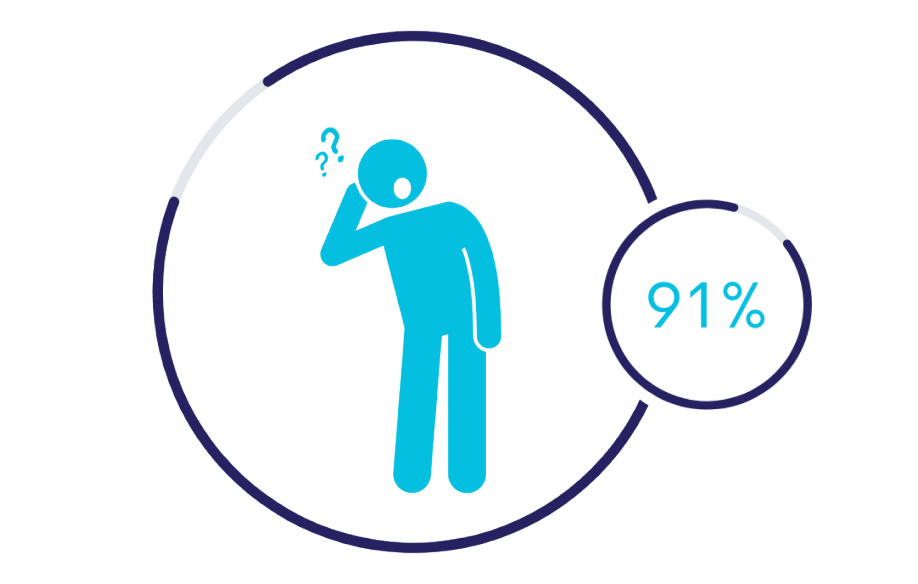
Feeling Mentally Foggy
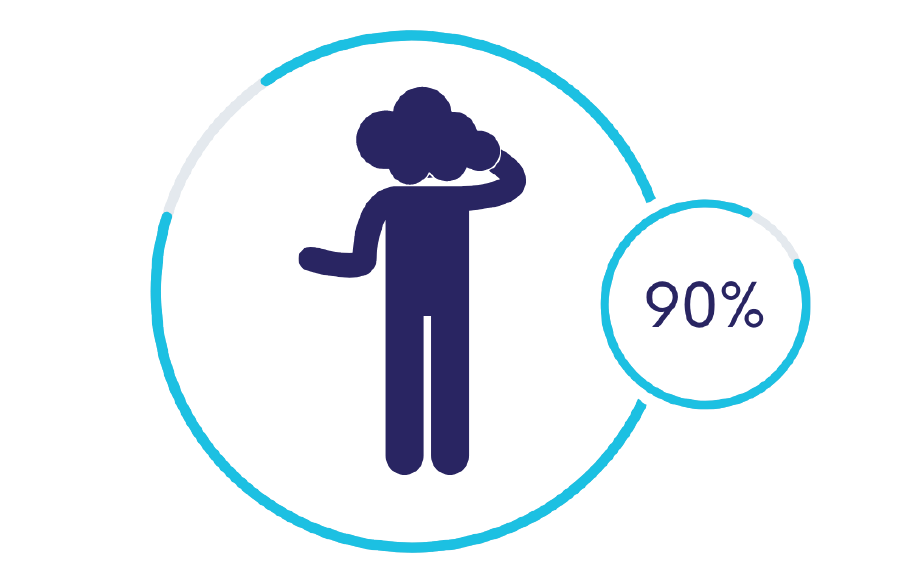
Feeling Slowed Down
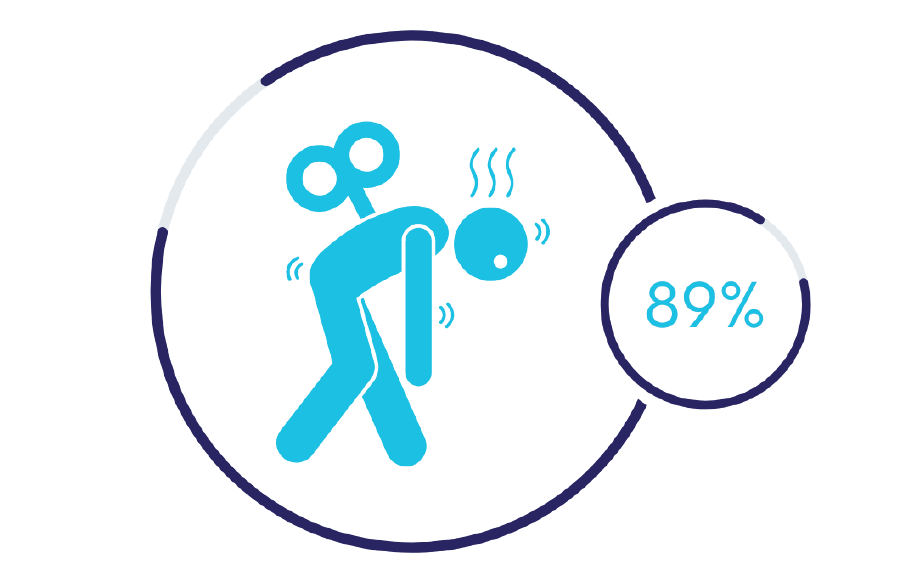
Fatigue

Headache
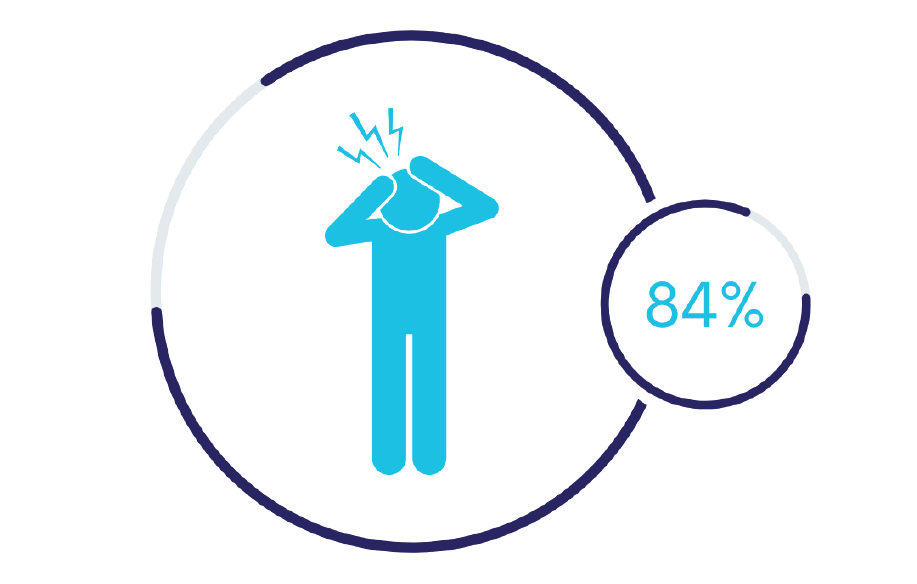
Irritability
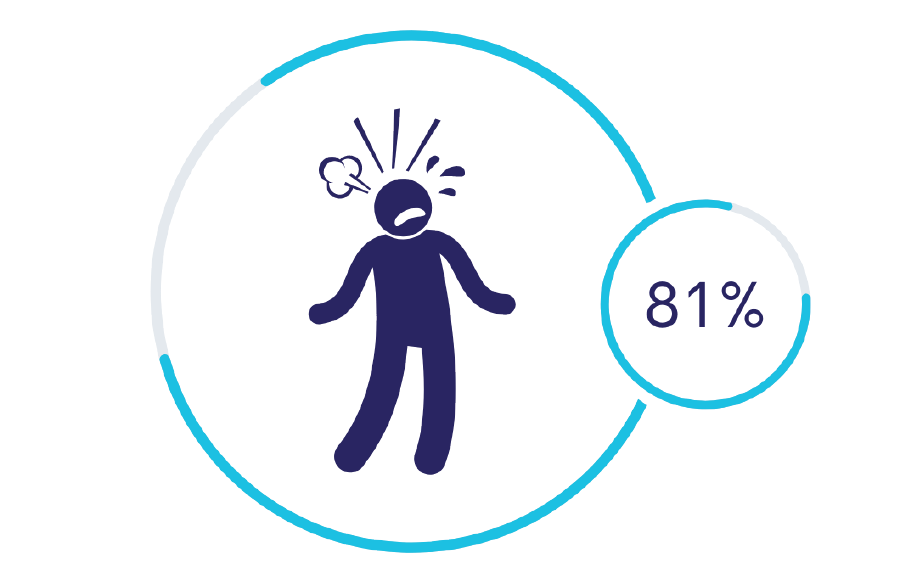
Drowsiness
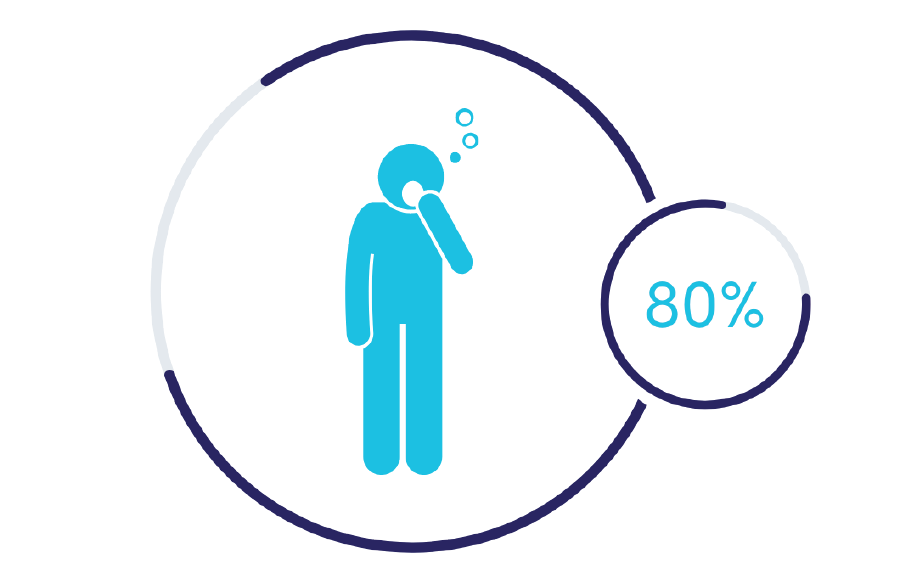
Nervousness
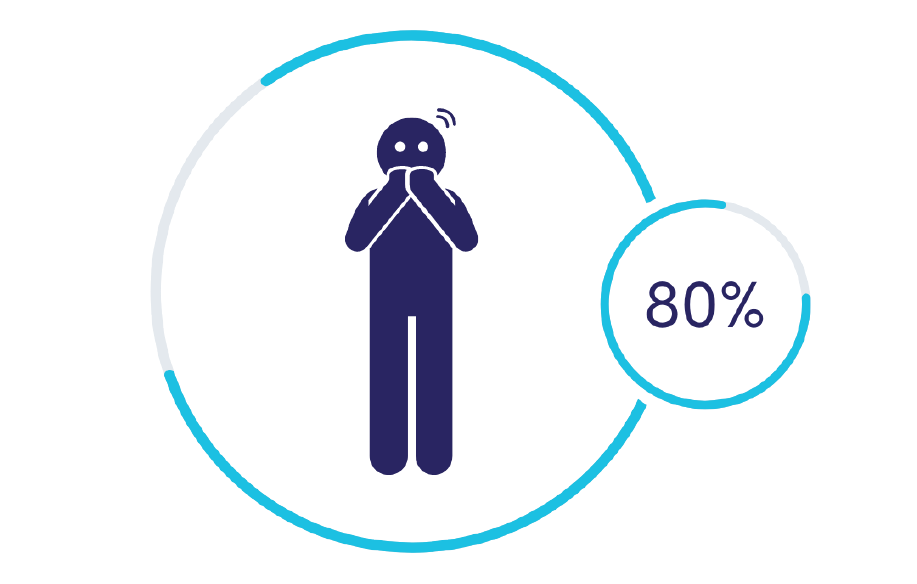
Sensitivity to Noise
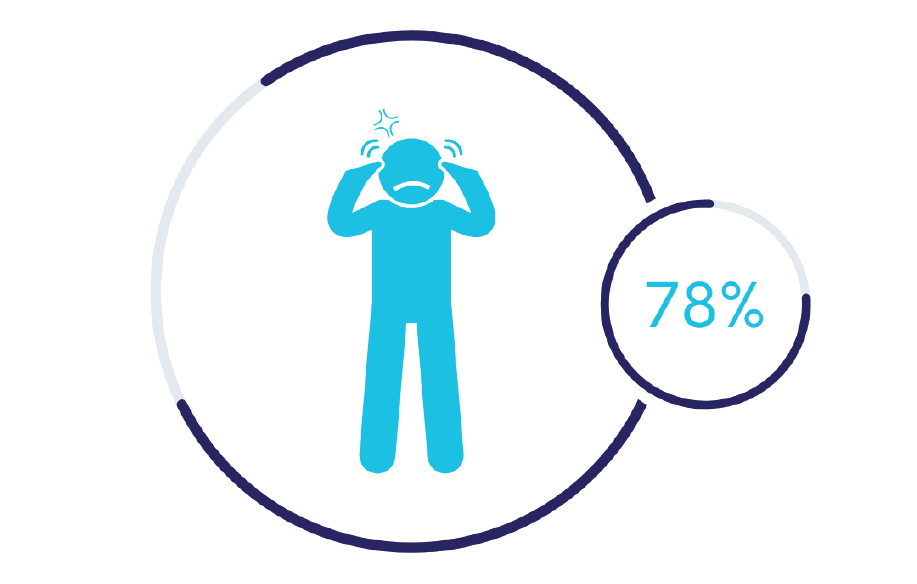
Download Our Treatment and
Research Report
For more information about EPIC Treatment, Our patients, and their results








